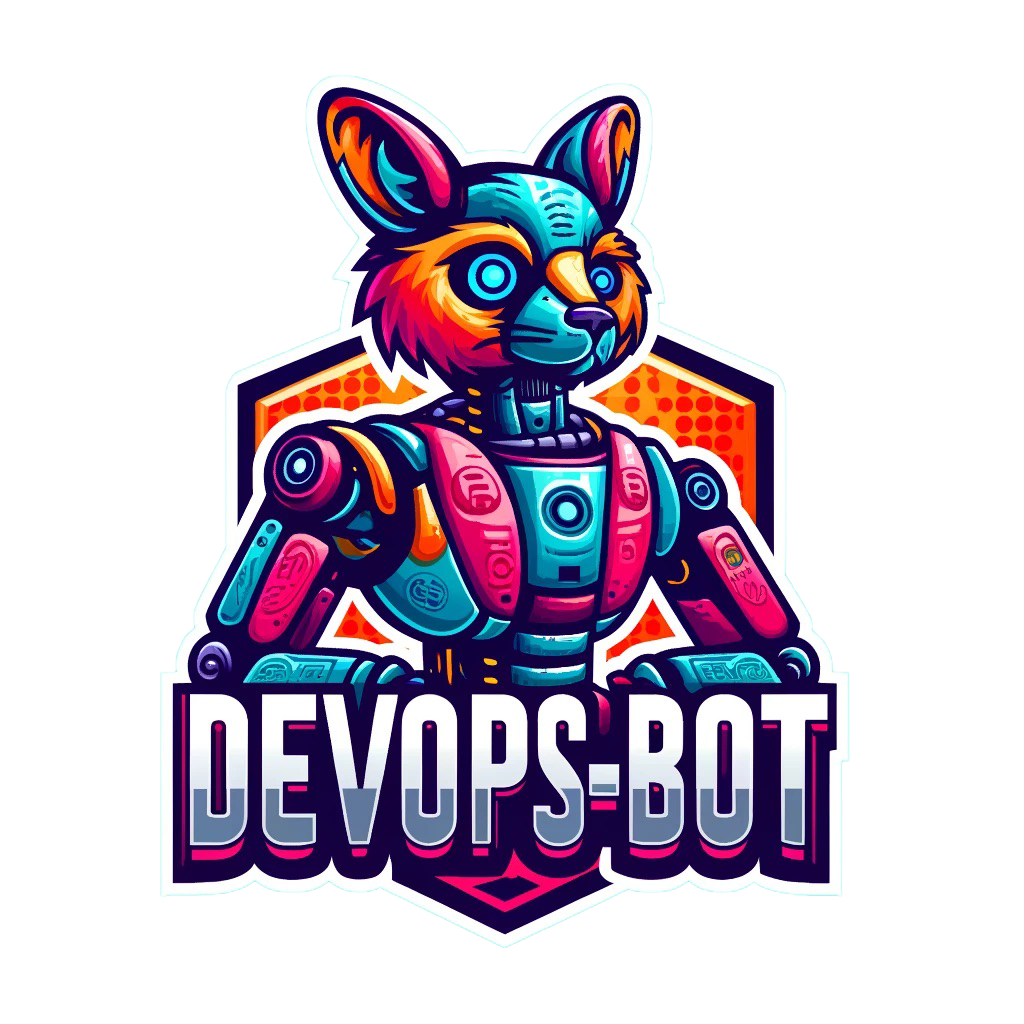DevOps Bot Installation
Installation
User Guide: How to Install DOB on Ubuntu 22.04
Follow these steps to install DOB on an Ubuntu 22.04 system:
- Update the Package List:
Update the package list to ensure you have the latest versions of all repositories:
sudo apt-get update - Install Required Dependencies:
Install Python pip and Git:
sudo apt install -y python3-pip git - Clone the DOB Installation Package:
Clone the official DOB Installation Package repository from GitHub:
git clone https://github.com/Devops-Bot-Official/DOB-Installation-Package.git - Navigate to the Installation Directory:
Move into the directory where the installation package is located:
cd DOB-Installation-Package - Install the DOB Package:
Use pip to install the devops-bot package:
pip install devops_bot-0.1-py3-none-any.whl - Verify the Installation:
Run the following command to verify the installation and view the available commands:
dob --help
Troubleshooting
Command Not Found:
If you get Command 'dob' not found, ensure /usr/local/bin is in your PATH:
export PATH=$PATH:/usr/local/bin
echo 'export PATH=$PATH:/usr/local/bin' >> ~/.bashrc
source ~/.bashrcPermission Issues:
Use sudo with commands if you encounter permission issues during the installation.
Dependencies Missing:
Install additional dependencies using:
pip install --upgrade flask_socketio oauthlib requests_oauthlibOnce the installation is complete, you're ready to start using DOB.
User Guide: How to Install DOB on CentOS/Amazon Linux
Follow these steps to install DOB on an CentOS/Amazon Linux system:
- Update the System:
Update the system's package list to ensure all installed packages are up-to-date:
sudo yum update -y - Install Required Dependencies:
Install Python pip and Git:
sudo yum install -y python3-pip git - Clone the DOB Installation Package:
Clone the official DOB Installation Package repository from GitHub:
git clone https://github.com/Devops-Bot-Official/DOB-Installation-Package.git - Navigate to the Installation Directory:
Move into the directory where the installation package is located:
cd DOB-Installation-Package - Install the DOB Package:
Run the following command to install the DOB package:
pip install devops_bot-0.1-py3-none-any.whl - Resolve requests Dependency Issue:
If you encounter an issue with the requests library, remove the preinstalled python3-requests package using:
sudo rpm -e --nodeps python3-requests - Reinstall the DOB Package:
After resolving the dependency issue, reinstall the DOB package:
pip install devops_bot-0.1-py3-none-any.whl - Verify the Installation:
Run the following command to verify the installation and view the available commands:
dob --help
Troubleshooting
Command Not Found:
If you get Command 'dob' not found, ensure /usr/local/bin is in your PATH:
export PATH=$PATH:/usr/local/bin
echo 'export PATH=$PATH:/usr/local/bin' >> ~/.bashrc
source ~/.bashrcDependencies Missing:
Install additional dependencies using:
pip install --upgrade flask_socketio oauthlib requests_oauthlibPermission Issues:
Use sudo with commands if you encounter permission issues during the installation.
With this, DOB should be successfully installed on Amazon Linux 2023.
User Guide: Installing and Running dob in a Docker Container
This guide will walk you through installing and running dob (DevOps Bot) inside a Docker container. Follow the steps below to set up and use the tool:
- Update the Package Index:
Update the system's package list to ensure you have the latest versions of available packages.
apt-get update - Install Docker:
Install Docker on your system. Docker allows you to run containers for the dob tool.
apt install docker.io - Check Running Containers:
Check if Docker is running properly and list all existing containers (if any).
docker ps -a - Pull and Run the DevOps Bot Container:
Run the devops-bot container. This will pull the latest image from the devopsbotofficial/devops-bot Docker repository if it’s not already downloaded. The container will expose port 4102 for the tool's UI.
docker run -itd --name devops-bot -p 4102:4102 devopsbotofficial/devops-bot:latest-itd: Runs the container in interactive mode and detached in the background.--name devops-bot: Names the container devops-bot for easy reference.-p 4102:4102: Maps port 4102 of the container to port 4102 of the host system.
- Verify the Running Container:
Check if the container is running properly.
docker ps -aLook for a container named
devops-botin the list. Ensure its status isUp. - Access the Container's Shell:
To interact with the container directly, execute the following command to open a shell session inside the running container:
docker exec -it devops-bot /bin/bash - Verify dob Installation:
Once inside the container, run the following command to confirm that dob is installed and functioning:
dob --helpYou should see the dob command's help menu displayed, confirming that the tool is installed and ready for use.
Additional Notes:
Stopping the Container: To stop the devops-bot container, use:
docker stop devops-botRestarting the Container: To restart the container, use:
docker start devops-botRemoving the Container: To remove the container when no longer needed:
docker rm -f devops-botAccess the UI: If your dob tool includes a UI, it should be accessible at http://<your-server-ip>:4102.
End of Guide
You have successfully installed and run the dob tool in a Docker container.
Installation Steps PDF Reference for Ubuntu 22.04
For detailed installation steps, please refer to the PDF documentation:
Installation Steps PDF Reference for Amazon Linux 2023
For detailed installation steps, please refer to the PDF documentation:
Installation Steps PDF Reference for Docker Container
For detailed installation steps, please refer to the PDF documentation:
